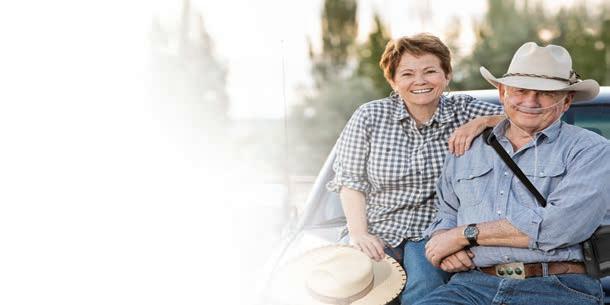
2 minute read
Special Olympics.
bers marked one of his biggest steps beyond his comfort zone.
“I’m used to being alone at home playing video games,” said Pressel, who lives in Denver and also works full time at King Soopers.
He was in awe over an opening ceremony that featured lively, acrobatic performances and a parade of at least 170 countries, and he became mesmerized by soccer matches that were punctuated with slide tackles and collisions.
Pressel, who has cerebral palsy, had fun getting to know his fellow travelers and learning about their di erences — all while banding together with volunteers, fans and athletes at the Games to cheer everyone on.
“Even though they’re rooting for (their) country, everyone’s the same,” Pressel said. “ ey’re all for the Special Olympics. at’s what’s great.” e week she was slated to leave, she called U.S. Sen. Michael Bennet’s o ce to help rush the delivery of her passport. After more waiting and more frustration, she nally received her passport the day of her ight but not in time to catch it.
Brennan’s trip overseas stopped before it even started. A three-anda-half month battle for an updated passport ended with her leaving for Berlin the day after she was supposed to y out with her bandmates. After the U.S. Department of State returned the initial application she mailed in, citing that it was incomplete without much more explanation, she struggled to nd an available appointment to renew her passport in person. She eventually secured an appointment in Kiowa, 45 minutes from her home, and paid an extra fee to expedite shipping.
Brennan waited a few more weeks while her passport was being processed and couldn’t get an answer from the passport agency about when she would receive her passport.
“It’s confusing,” Brennan said. “It’s really hard. Anybody but especially anybody who has a disability or some kind of di erence, it’s really, really di cult to understand.” at hiccup was the rst of several the group encountered leading up to and during their time abroad as they noticed and experienced accessibility challenges at the Special Olympics — the one place designed speci cally for people with disabilities. eir concerns started with ashing lights and loud music during the Games’ opening ceremony — special e ects that can be harmful to some people with sensory challenges. Band members also noted that bathroom spaces were not wide enough to t a wheelchair while some wheelchairaccessible ramps were often far from the areas where spectators led in to watch events.
And in Berlin, a steep set of stairs down to the subway and narrow sidewalks created additional hurdles for people who rely on wheelchairs.
“Accessibility is hard,” Hagar said, “and it takes work. And even folks that are doing the work still have learning to do. And I can’t imagine how much work it was to put on this massive global event and the logistics that it involved, and there’s always room for improvement.” at moment sticks with Pressel, who kept walking but grew quietly angry as the woman continued her outburst.
Other challenges for groups of travelers during previous trips and even at home have been prompted by people rather than places. For instance, while e Wayfaring Band was exploring Seattle last summer, a woman collecting tickets for a ferry ride belittled the troupe as they boarded.
“She was saying things like, ‘Why are you so slow? Are you an idiot? What’s wrong with you?’” Hagar recalls.
But the accessibility setbacks the group faced in Berlin didn’t completely cloud their trip. Instead, band members encouraged one another to be open about their needs and be brave enough to ask for help.
Traveling with the band led Sophia Calderón, a freelance photographer who shadowed band members and documented their days in Berlin, to be more aware of how she carries herself and the ways she views spaces.
“I’m also in this space of my life where I’m ready to unlearn a lot of the structures that society has implemented in our minds,” Calderón








